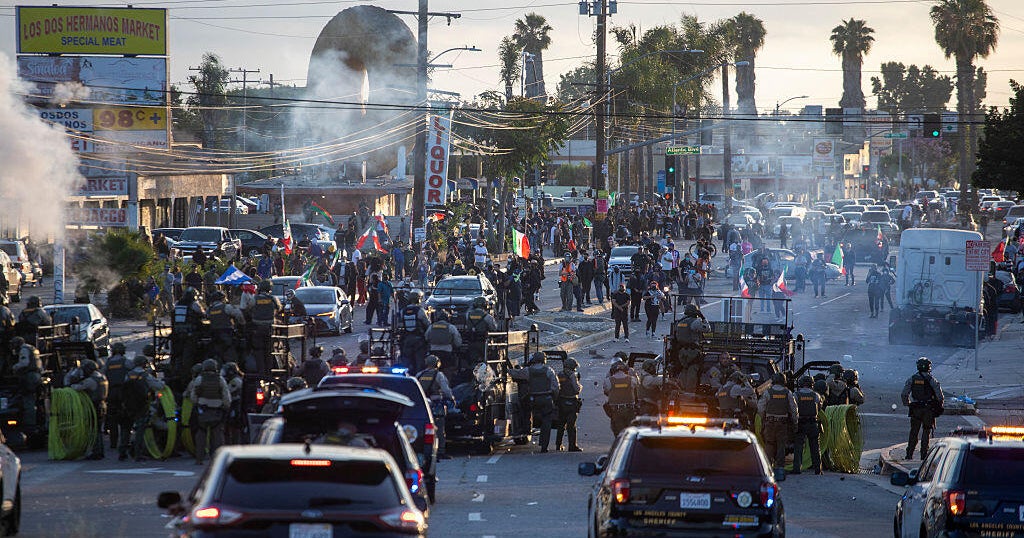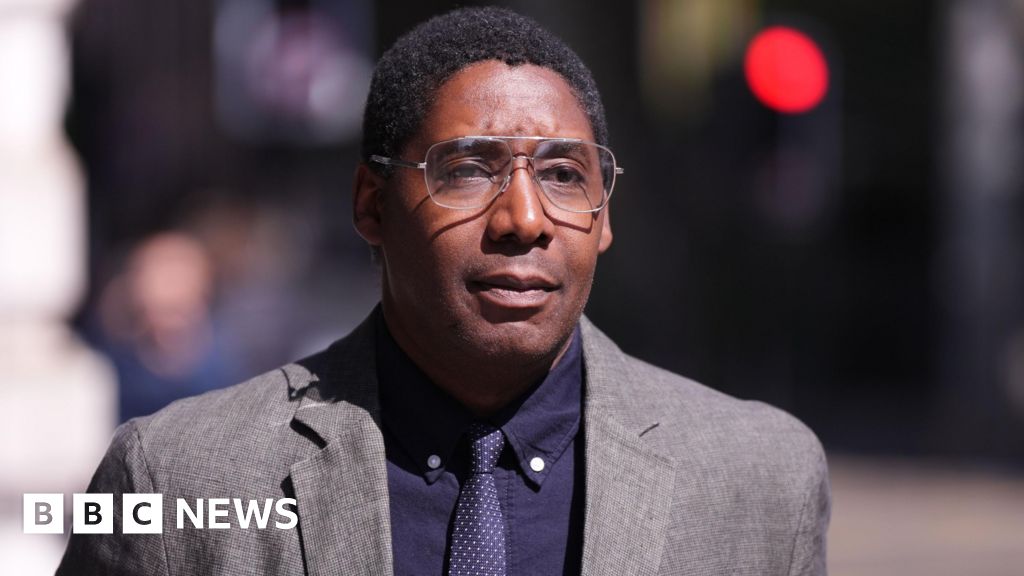Trump's Actions Threaten International Justice: Lawsuit Filed Against President

President Donald Trump's recent executive order is drawing sharp criticism and legal action, with accusations that it is actively undermining the crucial work of the International Criminal Court (ICC). The ICC, a vital institution dedicated to prosecuting individuals responsible for the gravest crimes against humanity, war crimes, and genocide, faces a significant challenge to its independence and effectiveness due to the President's directive.
The executive order, ostensibly aimed at protecting U.S. citizens and allies from potential ICC investigations, imposes sanctions on ICC officials and anyone assisting the court’s investigations. Critics argue this is a thinly veiled attempt to shield individuals accused of human rights abuses from accountability, effectively granting impunity to those who commit atrocities.
Why is this lawsuit necessary? The lawsuit, filed by a coalition of human rights organizations and individuals, contends that the executive order is unconstitutional and violates international law. It argues that the ICC plays a crucial role in global justice, particularly in situations where national legal systems are unable or unwilling to prosecute perpetrators of heinous crimes. By attempting to obstruct the ICC’s work, the Trump administration is jeopardizing the pursuit of justice for victims worldwide and setting a dangerous precedent for international relations.
The ICC's Importance: The International Criminal Court was established in 2002 by the Rome Statute, a treaty ratified by over 120 countries. Its mandate is to investigate and prosecute individuals for the most serious crimes of international concern. The ICC serves as a court of last resort, stepping in only when national courts are unable or unwilling to act. Its existence is vital for holding powerful individuals accountable for their actions and deterring future atrocities.
The Impact of Trump's Order: The sanctions imposed by the executive order have a chilling effect on the ICC's ability to function. They discourage cooperation from governments and individuals, making it more difficult to gather evidence and pursue investigations. Furthermore, the order sends a message that the United States does not support international justice and is willing to protect those accused of committing serious human rights violations.
Beyond Politics: A Moral Imperative: This isn't simply a political dispute; it is a matter of fundamental human rights and the rule of law. The pursuit of justice for victims of atrocities is a moral imperative, and the ICC is a critical tool in achieving this goal. The lawsuit aims to ensure that the President's actions do not undermine this vital institution and that those responsible for crimes against humanity are held accountable, regardless of their power or influence. This case highlights the ongoing tension between national sovereignty and the global pursuit of justice, a conflict that will continue to shape international relations for years to come.
The outcome of this lawsuit will have far-reaching implications for the ICC and the broader international justice system. It will determine whether the United States will continue to support or actively obstruct the pursuit of accountability for the world’s worst crimes.






